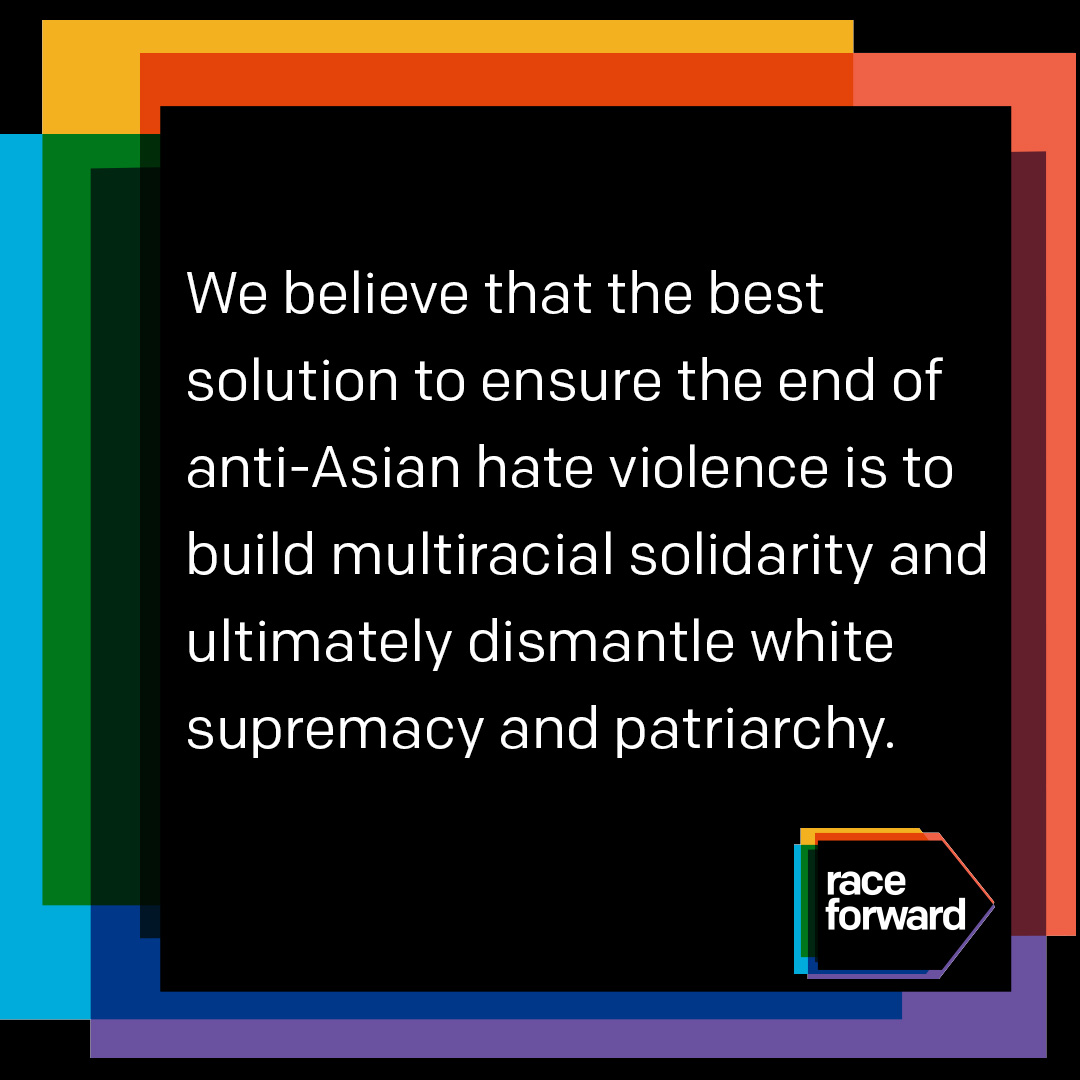|
 On Tuesday evening, March 16, 2021, a white gunman in Atlanta, Georgia, killed eight people—six of whom were women of Asian descent—at three separate massage businesses in Atlanta. We mourn the lives lost to this racist and gender-based violence, including Delaina Ashley Yaun, Xiaoje Yan, Daoyou Feng, and Paul Andre Michels. Their lives had meaning. On Tuesday evening, March 16, 2021, a white gunman in Atlanta, Georgia, killed eight people—six of whom were women of Asian descent—at three separate massage businesses in Atlanta. We mourn the lives lost to this racist and gender-based violence, including Delaina Ashley Yaun, Xiaoje Yan, Daoyou Feng, and Paul Andre Michels. Their lives had meaning.
We condemn police statements regarding the murderer as simply having had “a bad day,” and suggestions that his “sex addiction” meant the shootings had nothing to do with race. Such statements imply that a racist killer is worthy of far more sympathy than the Asian women and others who were killed. It is dehumanizing and disrespectful. We still do not even know all of the victim’s names.
These murders are a part of a disturbing trend of increasing violence against people of Asian descent across the country. According to Stop AAPI Hate, there have been almost 4,000 incidents of violence reported in the past year. Sixty-eight percent of those reports were from Asian women. We know that these incidents are only a fraction of occurrences, as many hate crimes go unreported.
We vehemently condemn anti-Asian violence and racist violence in all of its forms. We note that this violence was intentional and intersectional—racialized, gendered, and directed primarily at working class women. We recognize that the root causes of this violence are white supremacy and patriarchy. We also condemn media coverage that has increased tensions between communities of color, and that has further marginalized Asian and Asian American women and femmes.
The inflection point in this wave of violence can be traced directly to former President Donald Trump’s explicit calls to violence against Asians, through his comments on “the Chinese virus” and “the kung-flu.” Some perpetrators of violence against Asians have explicitly cited former President Trump’s calls as provoking their own actions.
These incidents fall into a pattern of racist scapegoating and misogyny that has been endemic in American history—from the anti-Asian riots and lynchings of the nineteenth and twentieth centuries to the 1982 murder of Vincent Chin, the 1989 schoolyard massacre of five Southeast Asian American children in Stockton, California to the post 9/11 scapegoating of Arab, Middle Eastern, Muslim, South Asian, and Sikh people to the 2012 mass shooting of 6 Sikh Americans in a Wisconsin temple to the brutal ICE raids that daily tear apart the lives of migrant, immigrant, and refugee families.
Such violence has relied upon criss-crossing narratives, including the 300-year old narrative of Asians as strange, sickly, exotic, and carriers of contagious diseases, the narrative of Asian women as subservient and hypersexual objects for white men to use as they please, and the narrative of Asian Americans as unneeding and undeserving of support. This combination has led to many forms of violence, including street harassment, sexual assault, and state-sanctioned police and military violence.
This particular act of racialized and gendered violence in Atlanta also has roots in U.S. imperialism across Asia. The tragic killing of Jennifer Laude, a transwoman sex worker in the Philippines at the hands of a US military serviceman, is one example that highlighted the particular dangers faced by transwomen. In all too many cases, American military personnel who have perpetrated sexual violence against Asian women have been shielded against prosecution by the law.
Many Asian women—whether migrant, refugee, immigrant, or U.S. born—work in unprotected, low-wage service industries like nail salons and spas. The criminalization of the sex trade has left many cisgender women—but particularly transgender women—who work in these industries facing unfathomable violence, often at the hands of police and law enforcement. Shaming women for their work is not the way to end individual and state-sanctioned hate violence against Asians and Asian Americans. It blames the most vulnerable for social and economic conditions created by policies set at home and abroad.
We believe that more police, counterterrorism units, and vigilante groups will not provide a solution to such violence, because this violence is rooted in systemic and structural racism. We strongly advocate community-based solutions to build alternatives to the kinds of militarization and criminalization that oppress Black communities, Indigenous communities, Latinx communities, Asian and Pacific Islander communities, and all communities of color.
We believe that the best solution to ensure the end of anti-Asian hate violence is to build multiracial solidarity, promote the dignity of work and the health of communities, support the organizing work of Asians and Pacific Islanders working to serve those most in need in collaboration with multiracial communities nationally and globally, and ultimately to dismantle white supremacy and patriarchy.
We acknowledge the deep tradition of cross-racial solidarity that has built community-based solutions, and that such work continues now. In particular, we want to lift up many of the organizations that have been tirelessly doing this important work.
The violence of this past week underscores the importance of our continued efforts to achieve racial equity in this country. We firmly stand in solidarity with our Asian communities in their time of need, and send light and love to all those affected by this senseless tragedy.
The Race Forward Team
|